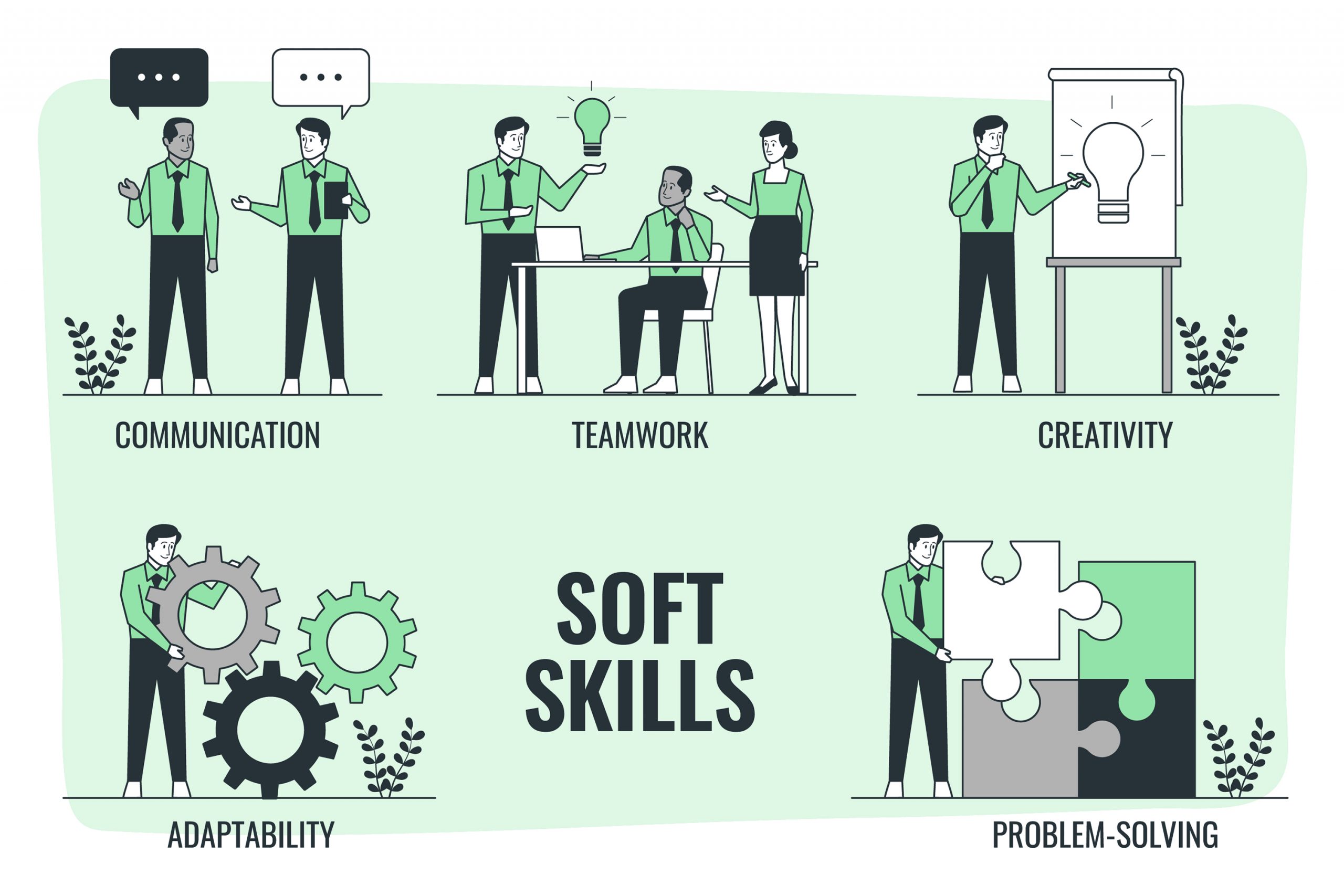The winter slowdown in hiring isn’t universal—some industries and roles continue hiring year-round. However, for many sectors, several key factors contribute to a noticeable decrease in recruitment activity during the winter months:
1. Year-End Budget Constraints
- What Happens?: Many companies operate on an annual budget cycle, which means by the time December rolls around, they may have already exhausted their allocated funds for hiring. Without available budget, hiring freezes or delays can occur until the new fiscal year begins.
- Industries Affected: This trend is especially prominent in corporate environments, where roles in marketing, administration, and middle management often depend on budget approvals.
- Impact: Hiring managers may hold off on filling roles until January or February, when the new budget cycle starts.
2. Holiday Disruptions
- What Happens?: The holiday season is a time when many employees, including HR professionals and hiring managers, take time off. Offices often operate with reduced staff, leading to delays in reviewing applications, scheduling interviews, and finalizing offers.
- Industries Affected: Virtually all industries feel this disruption, but corporate and government roles may be particularly affected due to long approval chains.
- Impact: Even if a role is open, the hiring process may be put on hold until after the holidays.
3. Focus on Year-End Goals
- What Happens?: In many organizations, Q4 is a critical time for meeting annual goals, closing projects, and finalizing financial reports. Hiring becomes a secondary priority as teams focus on wrapping up the year’s tasks.
- Industries Affected: Sales, finance, and project-based roles often see hiring slowdowns during this period.
- Impact: Recruiters and hiring managers may be too preoccupied with year-end responsibilities to actively pursue candidates.
4. Seasonal Nature of Certain Industries
- What Happens?: Some industries naturally slow down during winter. For example, construction and agriculture experience reduced activity due to weather conditions, leading to fewer job openings.
- Industries Affected: Construction, farming, and outdoor event planning are among the sectors most affected by seasonal factors.
- Impact: Hiring freezes or reduced hiring needs during winter are common in these industries.
5. Strategic Planning for the New Year
- What Happens?: Many organizations use the winter months for strategic planning, including workforce assessments and restructuring. Hiring decisions are often deferred until these plans are finalized.
- Industries Affected: Corporate roles in HR, operations, and strategic planning.
- Impact: Hiring may pick up significantly in Q1 as companies implement new strategies.
6. Recruiter Fatigue
- What Happens?: By December, many HR departments are wrapping up a year of intensive recruitment, onboarding, and employee engagement activities. Winter provides an opportunity to reset and prepare for the next hiring cycle.
- Industries Affected: HR and recruitment-heavy industries, particularly in tech and healthcare.
- Impact: A temporary slowdown in recruitment activity as teams take a breather.
The Exceptions: Industries That Keep Hiring in Winter
While many sectors experience a slowdown, some industries ramp up hiring during winter due to seasonal needs or industry-specific factors:
- Retail and Logistics: The holiday season creates increased demand for temporary workers in retail, e-commerce, and delivery services.
- Healthcare: Flu season and holiday-related health concerns drive hiring in healthcare, especially for telemedicine, nursing, and urgent care roles.
- Cybersecurity: End-of-year security audits and vulnerabilities during the holiday season increase the demand for cybersecurity professionals.
- Hospitality: Winter vacations and holiday celebrations create opportunities in the hospitality industry.
What Winter Hiring Slowdowns Mean for Job Seekers
If you’re actively looking for a job during winter, it’s important to understand how these trends may impact your search:
- Longer Wait Times: Expect delays in hearing back from employers due to holiday schedules and reduced staffing.
- Fewer Job Postings: Companies may delay posting new roles until the new year.
- Increased Competition: With fewer roles available, competition for open positions may intensify.
However, this doesn’t mean you should pause your job search entirely. Winter can still be a productive time to prepare for opportunities in the new year.
Strategies for Job Seekers During Winter
- Polish Your Resume
- Use the winter slowdown to refine your resume. Highlight achievements, update your skills section, and tailor your resume to specific industries.
- Pro Tip: Use VioResume’s ATS-optimized templates to ensure your resume stands out to hiring managers.
- Network Actively
- Attend holiday networking events or reach out to industry contacts. Many professionals are more relaxed and open to conversations during the holiday season.
- Apply Strategically
- Learn New Skills
- Take advantage of online courses or certifications to enhance your qualifications. For example:
- Healthcare: Earn certifications like CPC or RN.
- Tech: Learn programming languages or tools like Tableau or AWS.
- Take advantage of online courses or certifications to enhance your qualifications. For example:
- Tailor Applications
- With fewer roles available, it’s essential to tailor each application to the job description. Use relevant keywords to improve your chances of passing Applicant Tracking Systems (ATS).
How Employers Can Navigate Winter Hiring Challenges
For companies, the winter slowdown doesn’t have to be a hiring freeze. Here are some strategies to maintain recruitment momentum:
- Plan Ahead
- Use Q4 to identify hiring needs and prepare job postings for Q1.
- Streamline Processes
- Implement efficient interview and onboarding processes to avoid delays caused by holiday schedules.
- Leverage Technology
- Use ATS and video interview tools to keep recruitment moving, even with a reduced staff.
- Focus on Employer Branding
- Winter is a great time to build your company’s employer brand by updating career pages, posting employee testimonials, and engaging on social media.
Conclusion
While winter is traditionally slower for hiring, it’s also a time of strategic planning and preparation for both job seekers and employers. Understanding the seasonal dynamics of recruitment can help you stay proactive and capitalize on opportunities that others may overlook.
For job seekers, winter is the perfect time to polish your resume, expand your skills, and network strategically. With VioResume’s ATS-friendly templates and tools, you can create a professional, tailored resume that sets you apart when hiring picks up. Explore templates here and position yourself for success in the job market.
Remember, the hiring slowdown is temporary, but the steps you take during this time can set you up for long-term success.













